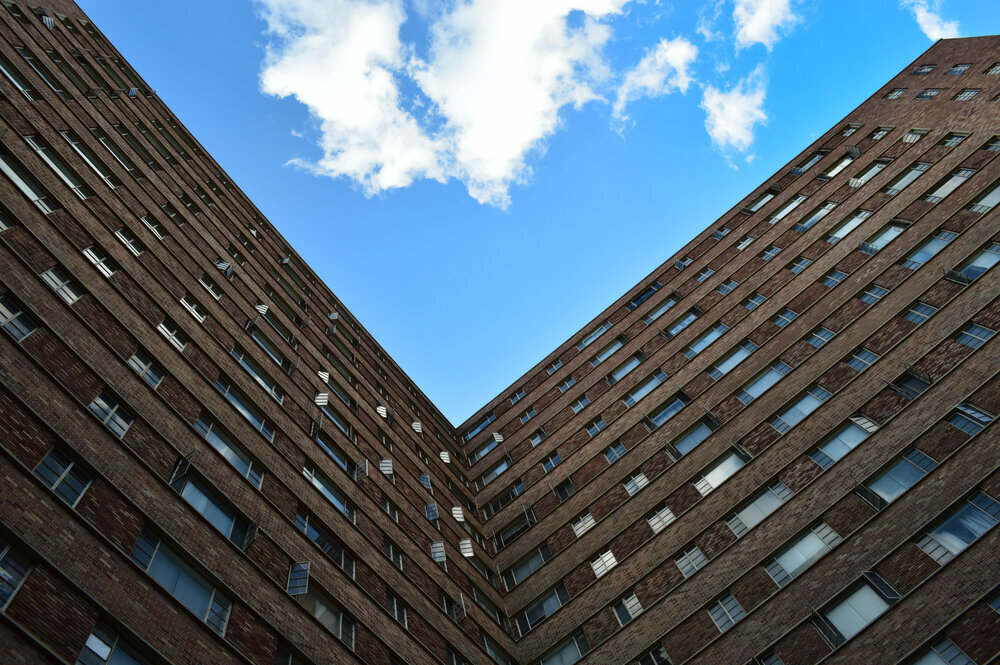
CNP ATL
A blog series about the future of Atlanta.

What if all of Atlanta’s Talk about Income Inequality Actually Perpetuates the Issue?
It seems important that Atlanta’s #1 ranking on income inequality receives attention in the media. And it is. But the conversations and voices the mainstream media is capturing obscure and ignore the root causes, focusing instead on the “problem” of poor people, of “concentrated poverty,” and how to “help” “them” climb the ladder of social mobility. Even though the naming of the issue as inequality seems to imply a problem of distribution, the popular discourse constantly reverts to a focus on mobility. The issue becomes the poor themselves and how to get them to be middle class, rather than the need for a redistribution of resources or shifting of economic and political power.

What Connects the Gulch and the Atlanta BeltLine? A Technocratic Financial Tool Known as Tax Increment Financing.
Tying together these two massive redevelopment efforts – the Gulch and the BeltLine – and their lack of prioritizing real public benefit for Atlanta residents, is a funding mechanism called a Tax Allocation District (TAD), also known as Tax Increment Financing (TIF). Today, TIF is a go-to tool used by municipalities across the country to leverage private sector investment for the “revitalization” of designated sections of cities.

Rent Control
In August of 2018, the new owners of the Darlington Apartments in Buckhead delivered 60-day notices to each of the building’s 612 units, stating residents would have to move out of their homes or else face eviction proceedings. These notices initiated the beginning of a mass eviction that put many people into a state of panic, with lasting repercussions that affected the entire Buckhead community. Many of the residents experienced a forced disconnection from the vital social networks and support systems they depended on that were now geographically out of reach. Accordingly, the ripple effects would extend themselves to those residents’ families and the wider, and increasingly more expensive, Buckhead community left behind.

How the Movement for Reparations Can Inform the Movement for Housing Justice
Part 1 of this post, “What is Reparations?,” illustrates the amplified discussion around reparations today as a part of a historic movement of grassroots political organizing for Black liberation. The visions of these movements involved the creation and strengthening of Black political and economic institutions to provide the foundation for a new society not predicated on the exploitation and theft of Black labor and resources. Closely related to the reparations movement, the movement for housing and land justice is steadily gaining momentum across the United States. Because housing policy and markets are one of the key avenues through which white people have accumulated (and continue to accumulate) wealth, it is crucial that movements for housing justice emphasize how our economy, namely the housing and real estate market, is structured by racism. In this section I will explore how the reparations movement can inform anti-racist organizing for housing justice and our understanding of the nationwide affordable housing crisis.

What Is Reparations?
In June, Congress held a hearing about reparations, amidst a record-breaking number of Democratic presidential candidates on the campaign trail expressing support for a reparations bill. The current bill in Congress, “H.R. 40,” would establish a commission to study and consider a proposal for reparations for slavery and later forms of Black oppression, such as Jim Crow and mass incarceration. Though Texas Rep. Sheila Jackson Lee has spearheaded the legislative initiative this year, the bill was first introduced in Congress thirty years ago by Michigan Rep. John Conyers. And the idea of reparations for Black America is far from new; in fact, it goes back centuries, since before the legal end of slavery when individual slaves petitioned for, and in some cases were granted, restitution for their stolen labor. Reparations can also refer to other historical debts and injustices such as Western imperialism or the internment of Japanese Americans. However, here I will focus on reparations for Black America.

Fulton County Eviction
Fulton County has one of the highest eviction rates in the country, with approximately 800 tenants receiving an eviction notice every week, one in five over the course of a year, or 109 every day. In the 30291, 30337 and 30331 zip codes, which include Union City, College Park, and areas just west of Atlanta, eviction rates have gone above 40 percent.

